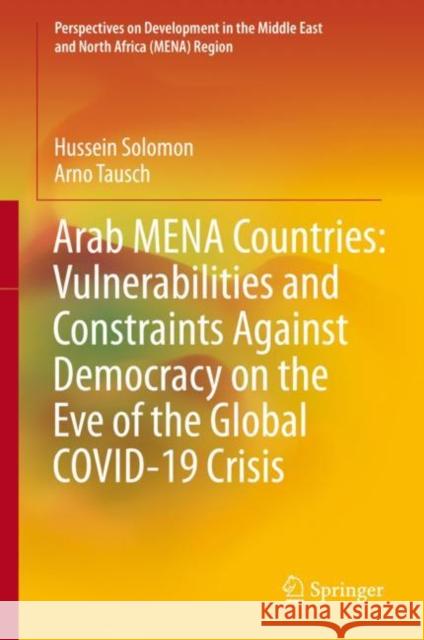Arab Mena Countries: Vulnerabilities and Constraints Against Democracy on the Eve of the Global Covid-19 Crisis » książka
topmenu
Arab Mena Countries: Vulnerabilities and Constraints Against Democracy on the Eve of the Global Covid-19 Crisis
ISBN-13: 9789811570469 / Angielski / Twarda / 2020 / 268 str.
Arab Mena Countries: Vulnerabilities and Constraints Against Democracy on the Eve of the Global Covid-19 Crisis
ISBN-13: 9789811570469 / Angielski / Twarda / 2020 / 268 str.
cena 523,30
(netto: 498,38 VAT: 5%)
Najniższa cena z 30 dni: 501,19
(netto: 498,38 VAT: 5%)
Najniższa cena z 30 dni: 501,19
Termin realizacji zamówienia:
ok. 22 dni roboczych.
ok. 22 dni roboczych.
Darmowa dostawa!
Kategorie BISAC:
Wydawca:
Springer
Seria wydawnicza:
Język:
Angielski
ISBN-13:
9789811570469
Rok wydania:
2020
Wydanie:
2021
Numer serii:
000812984
Ilość stron:
268
Waga:
0.54 kg
Wymiary:
23.88 x 19.56 x 1.52
Oprawa:
Twarda
Wolumenów:
01











